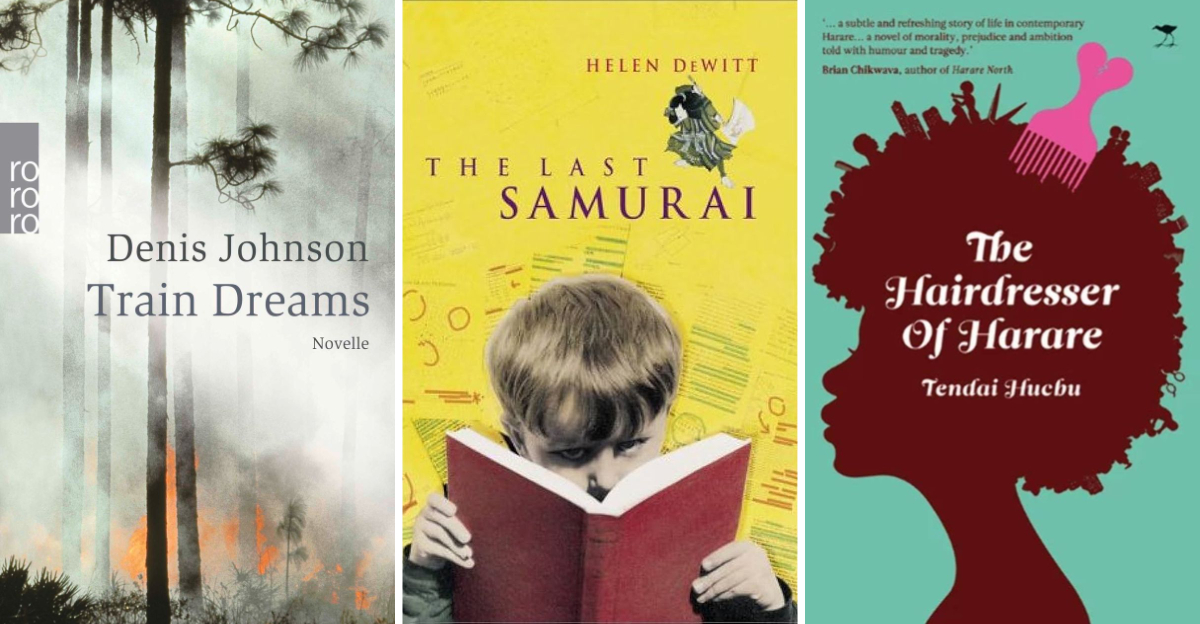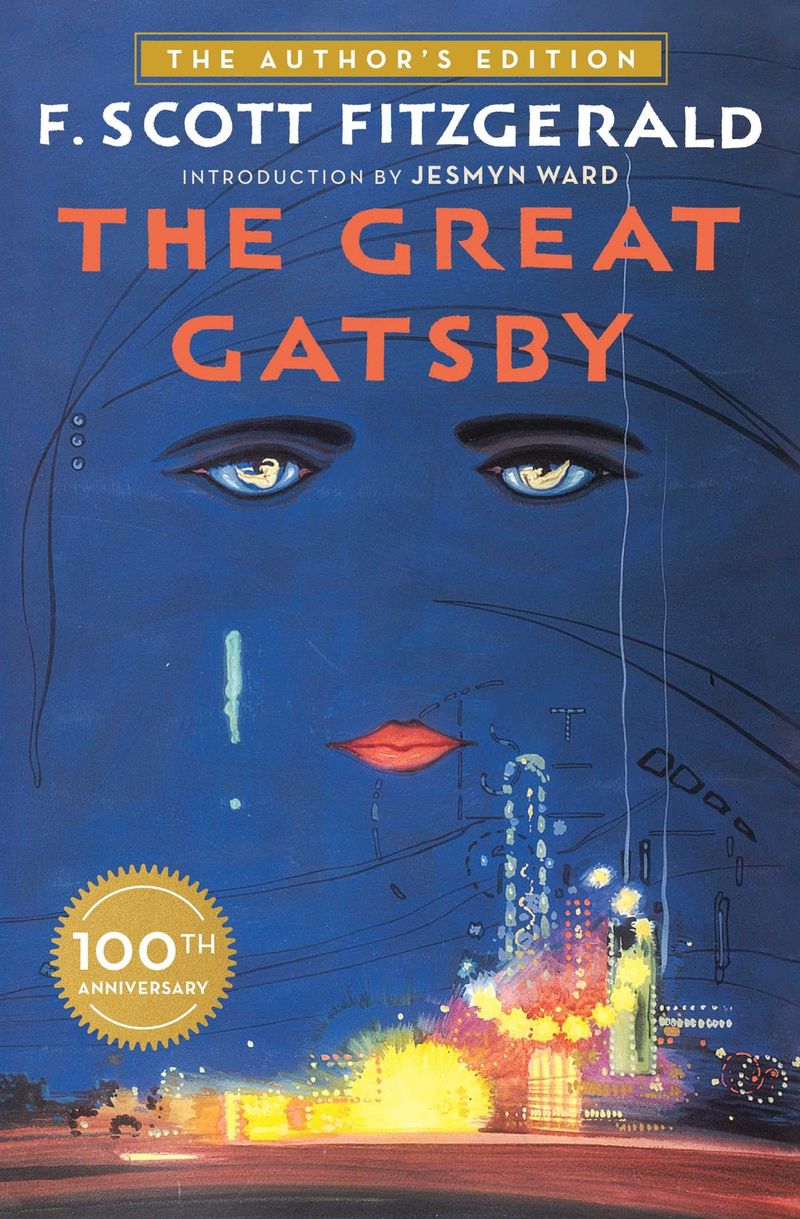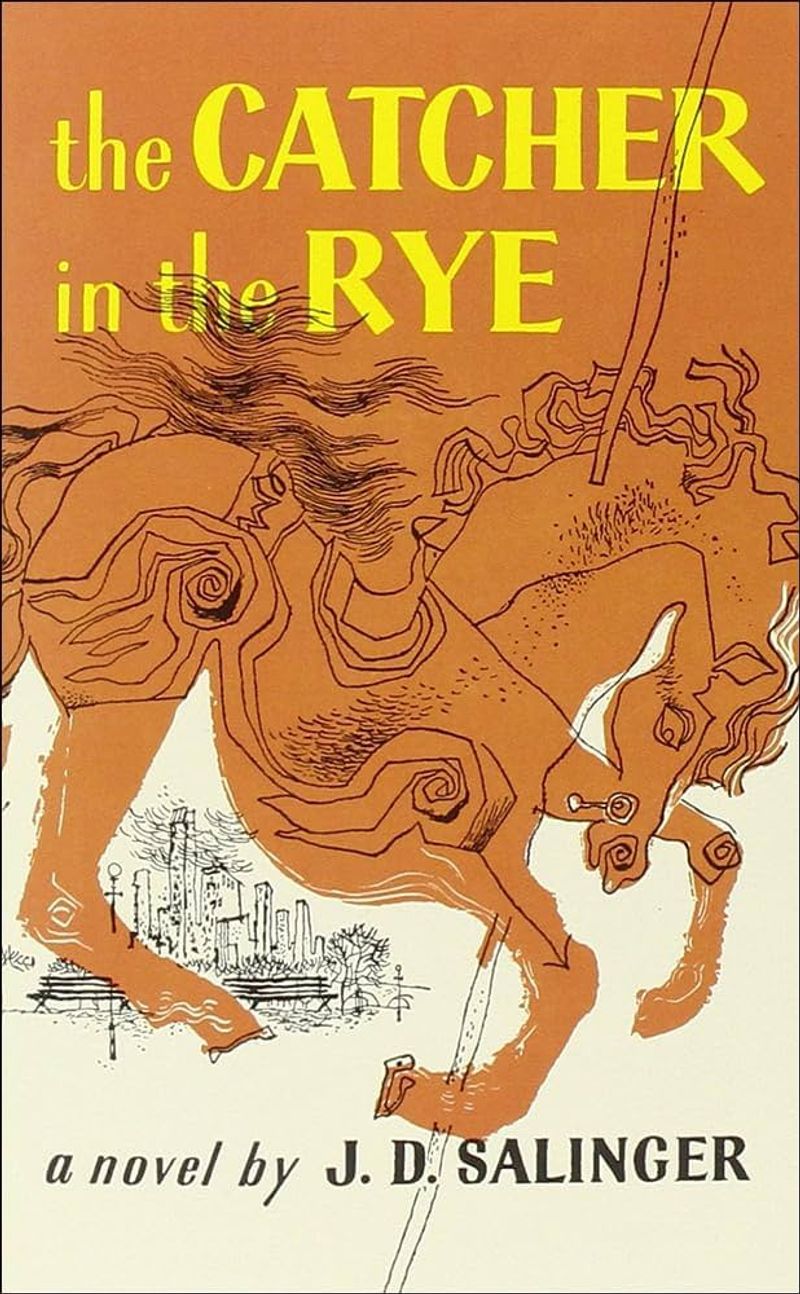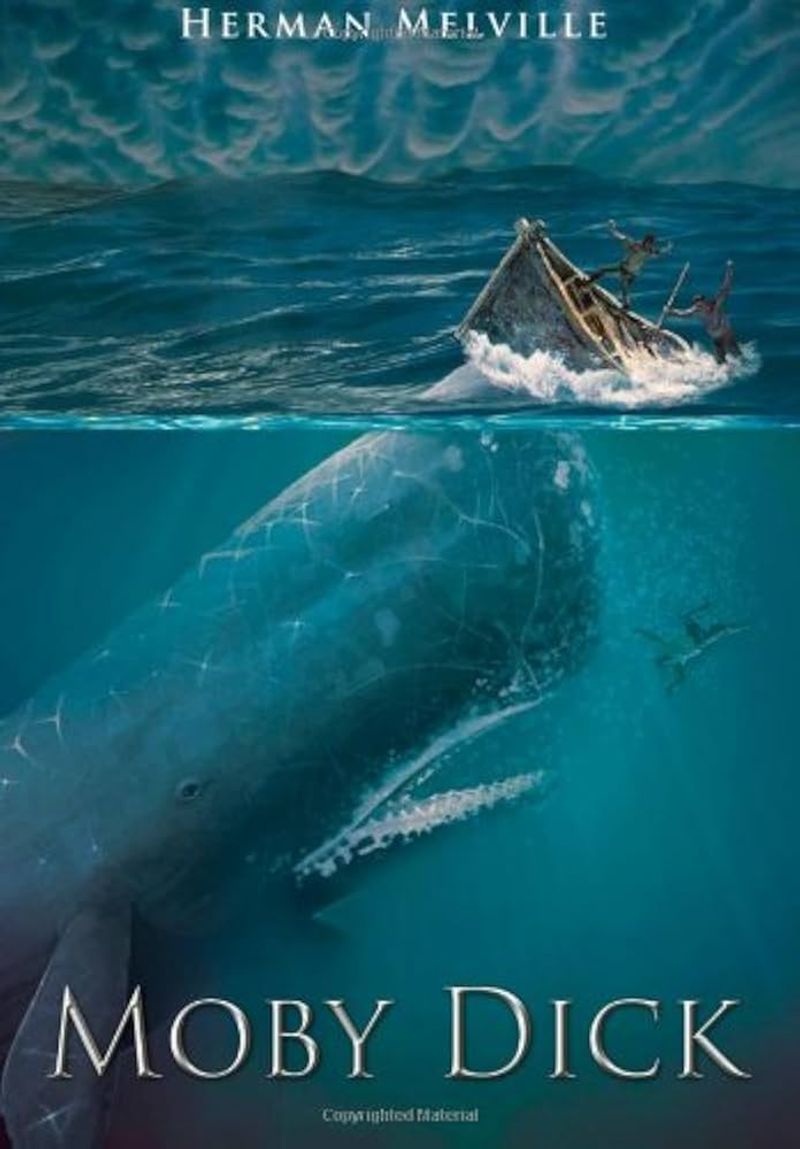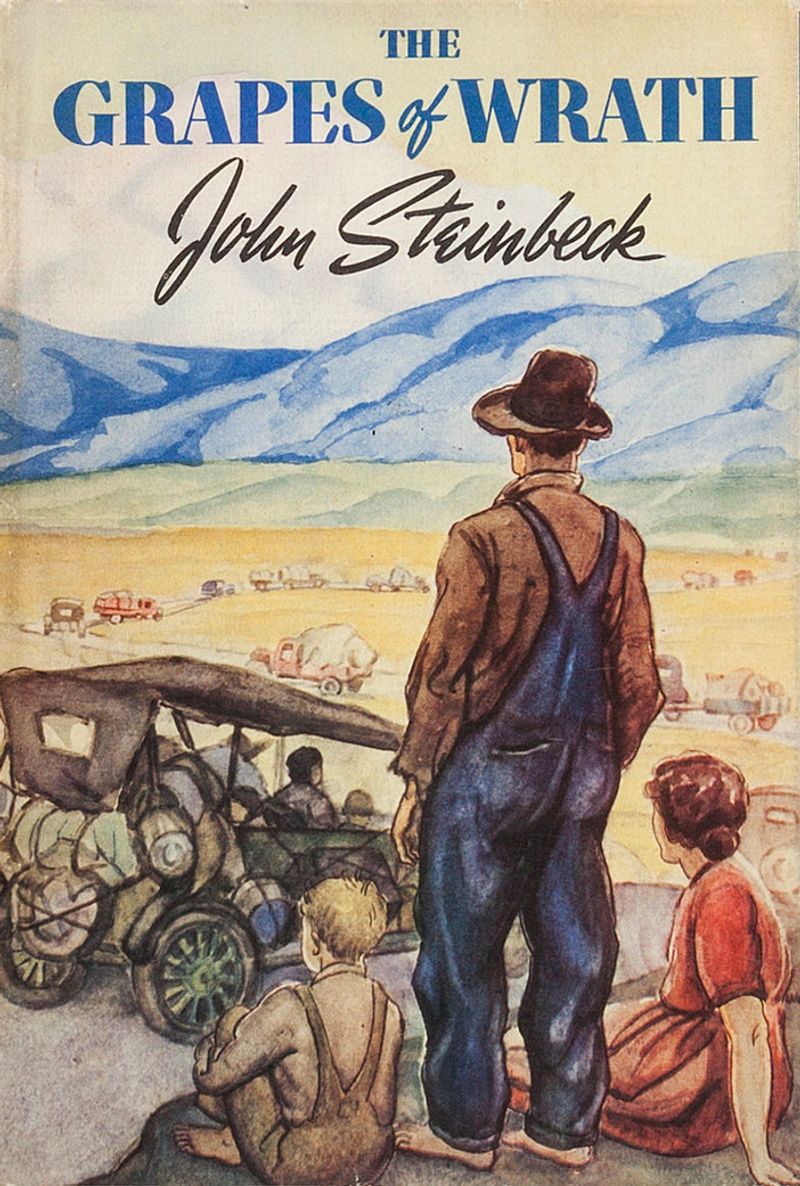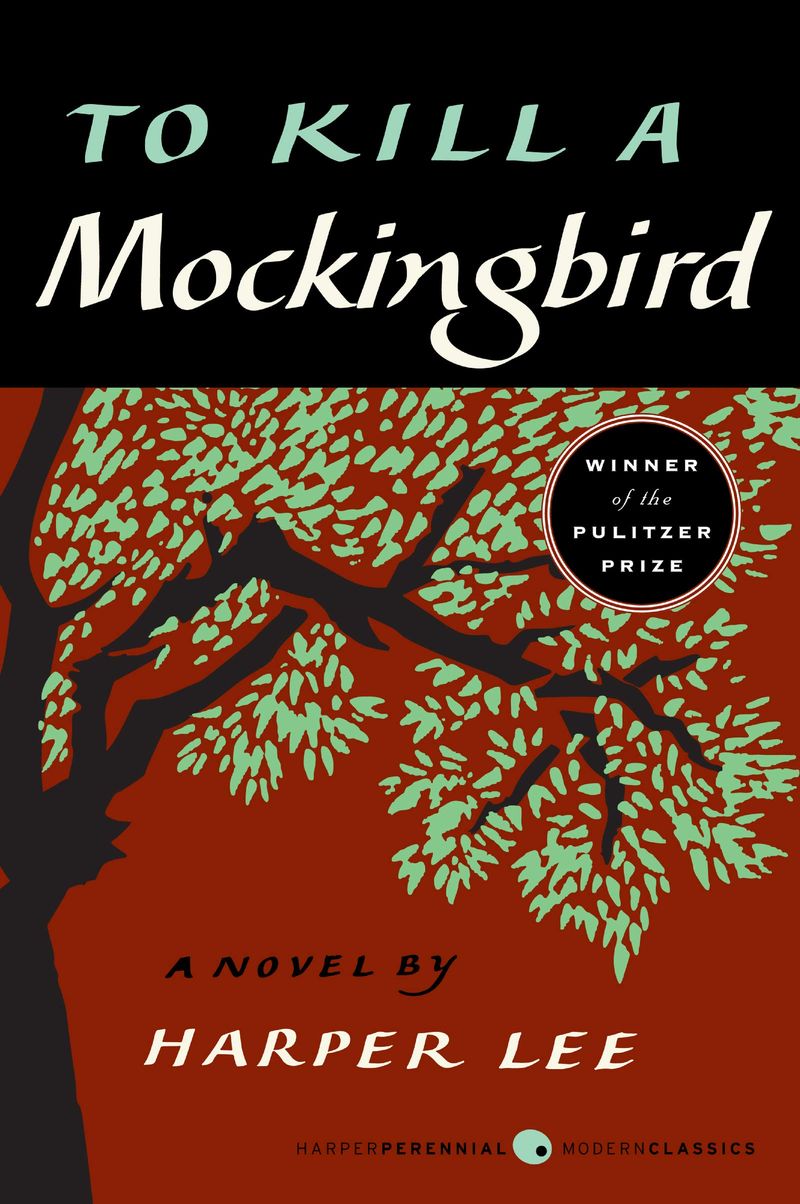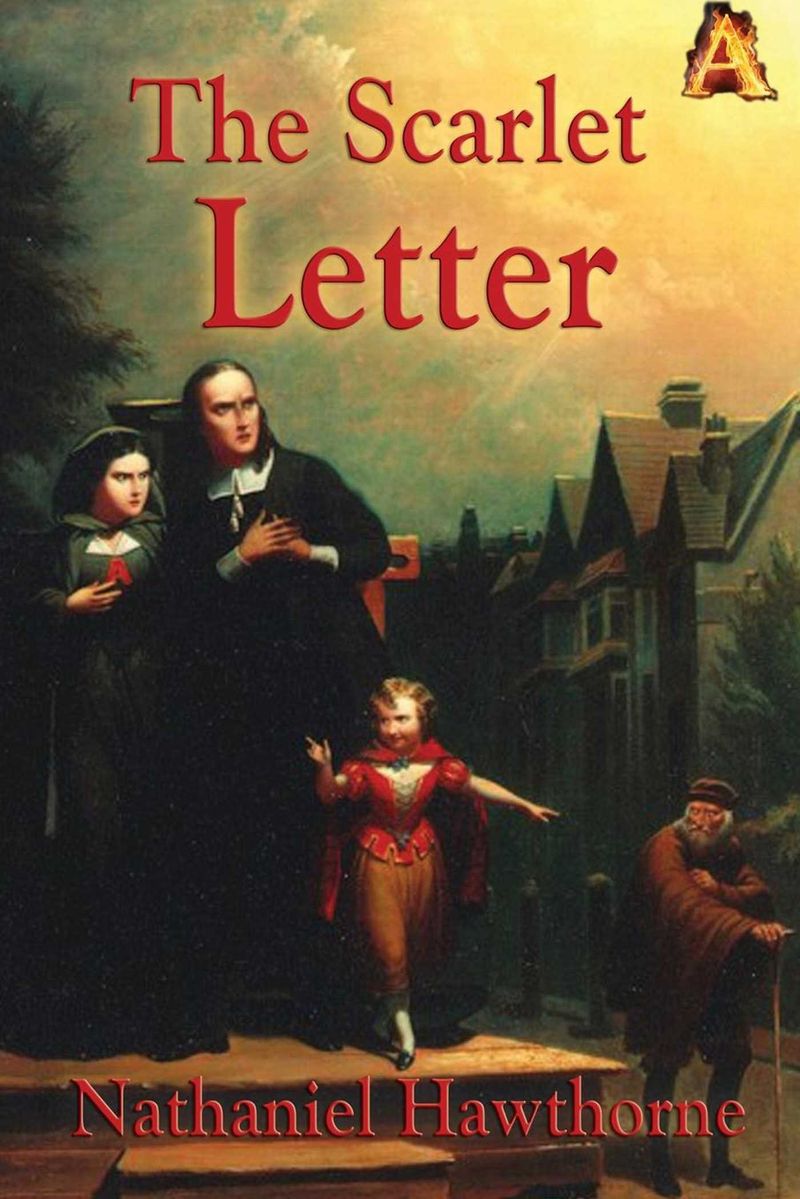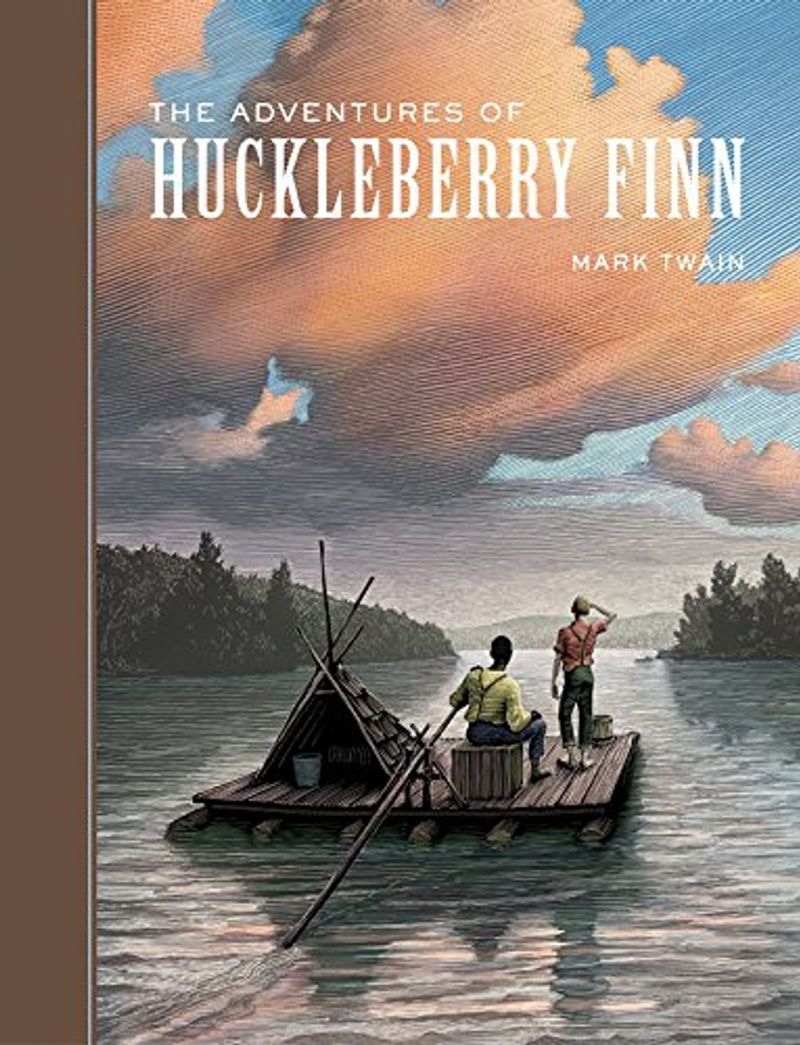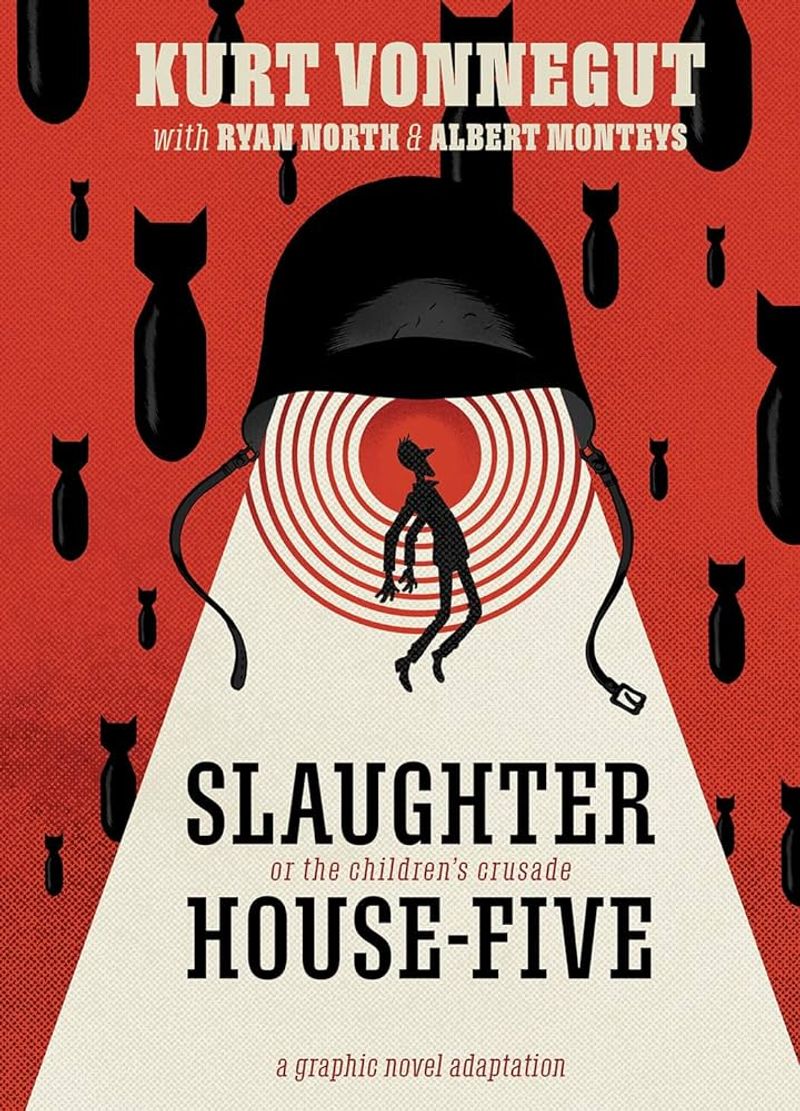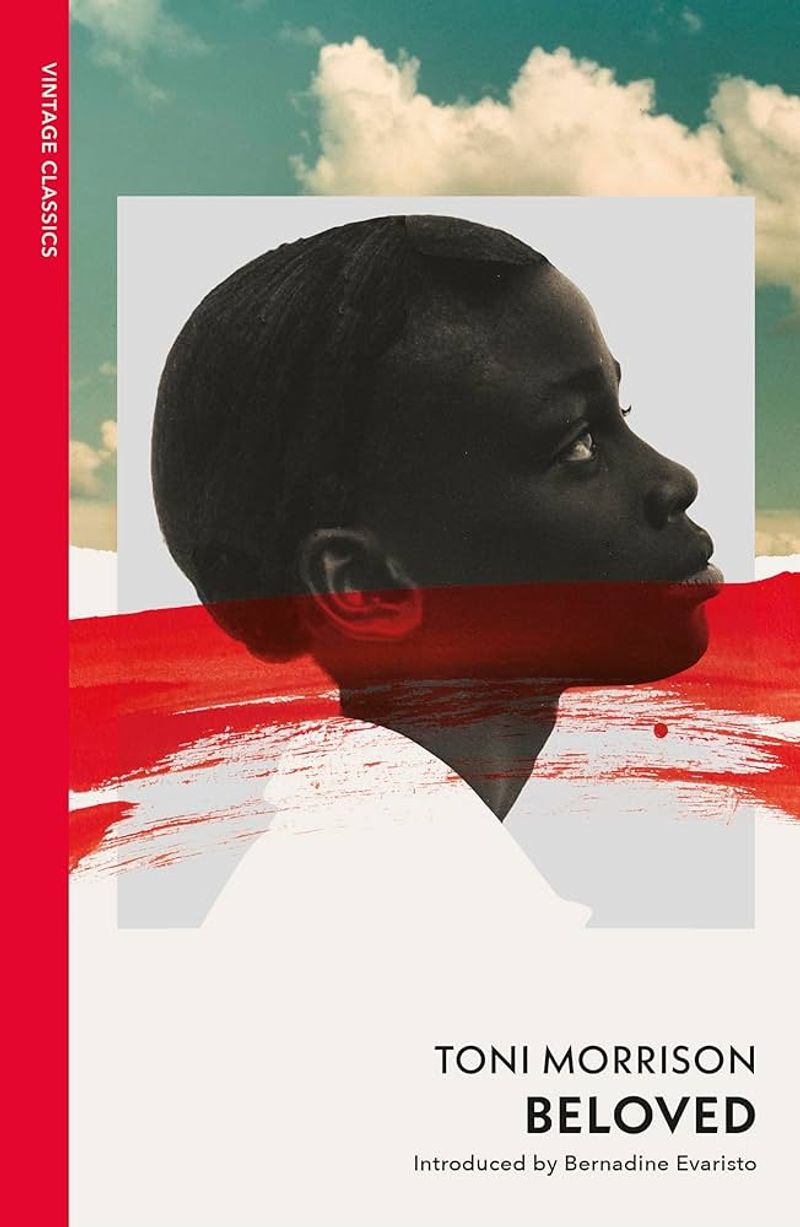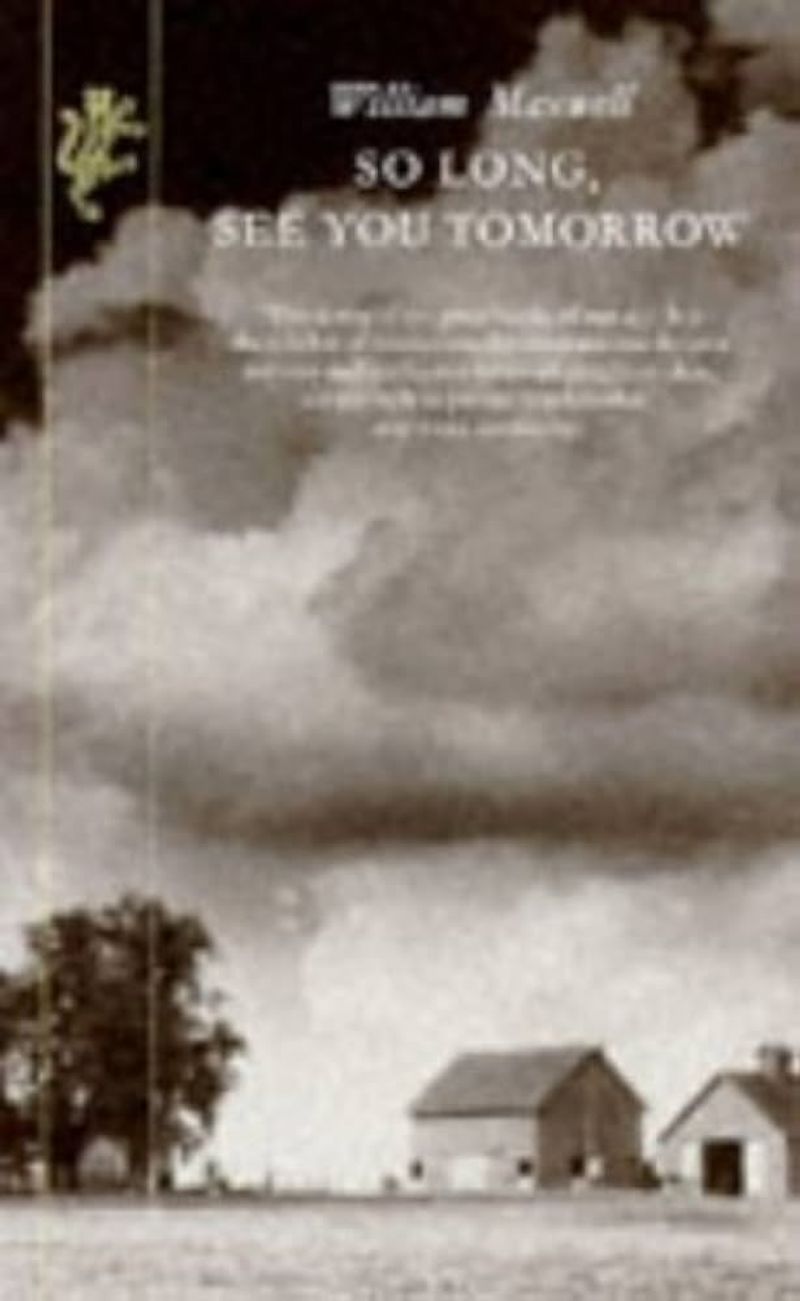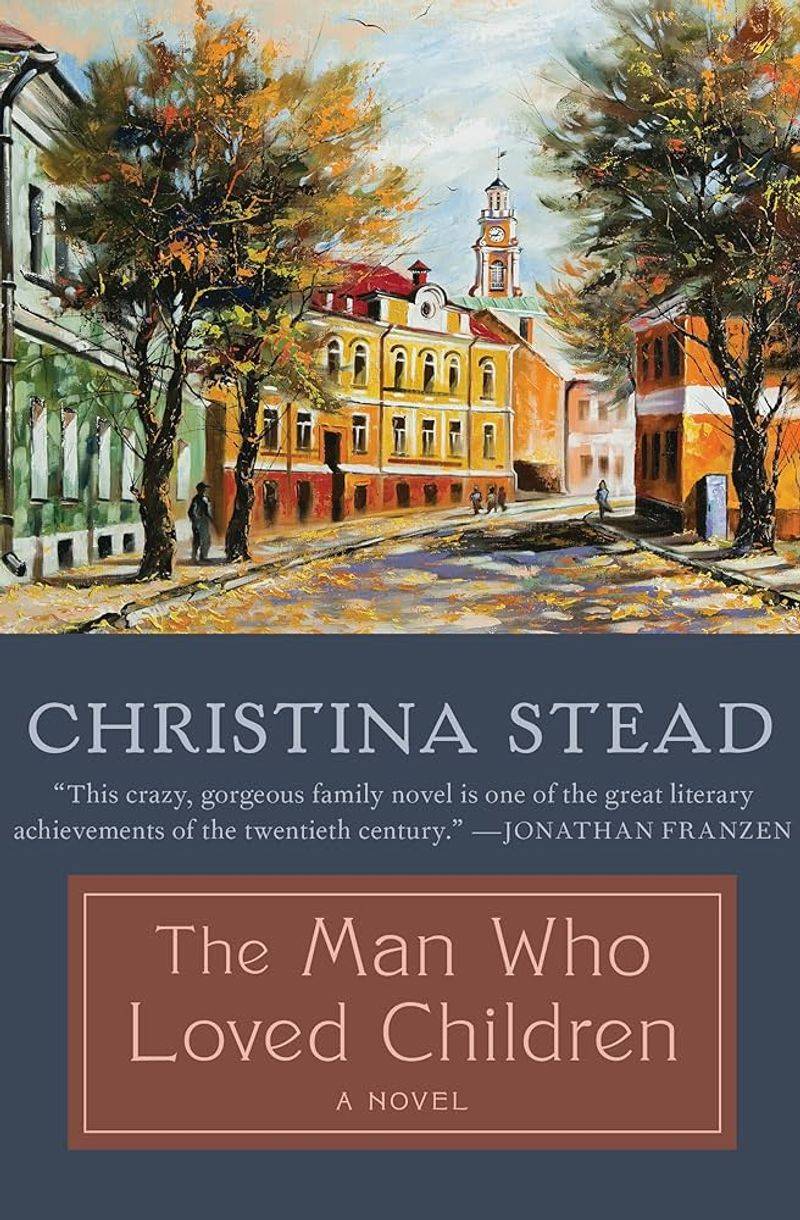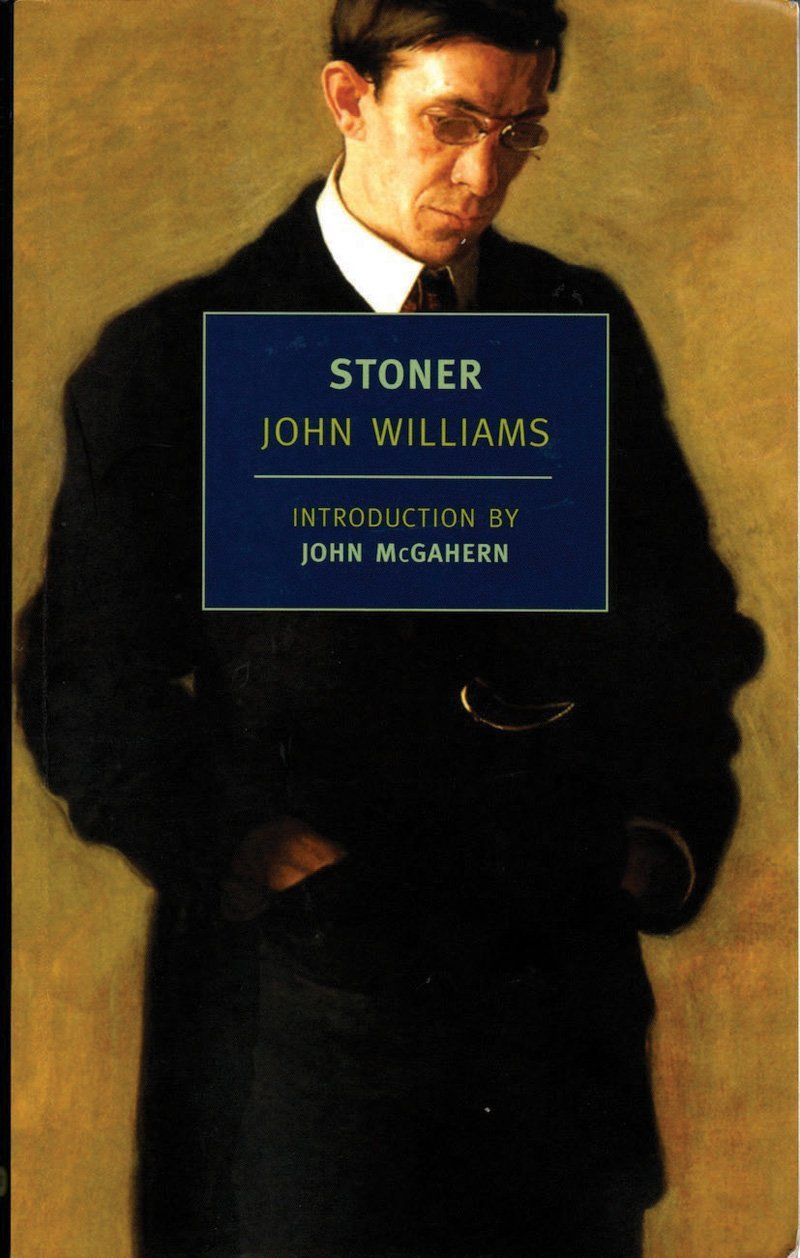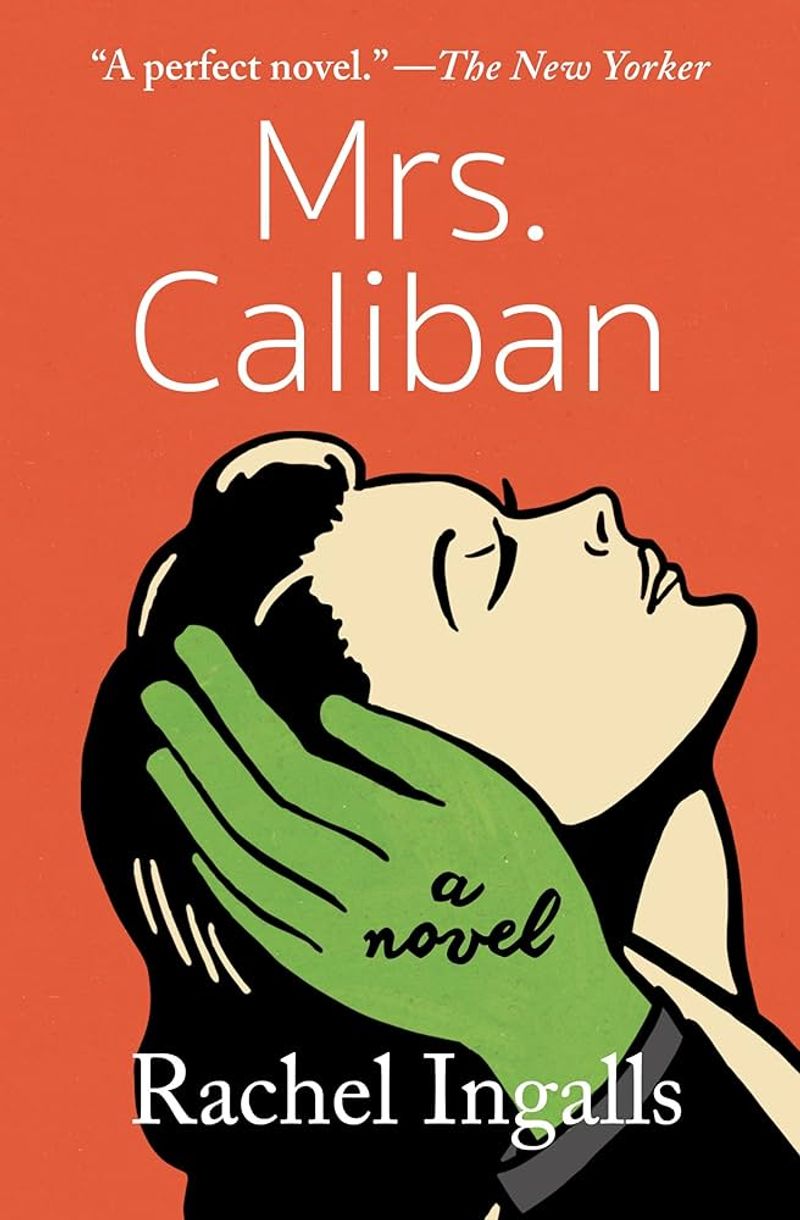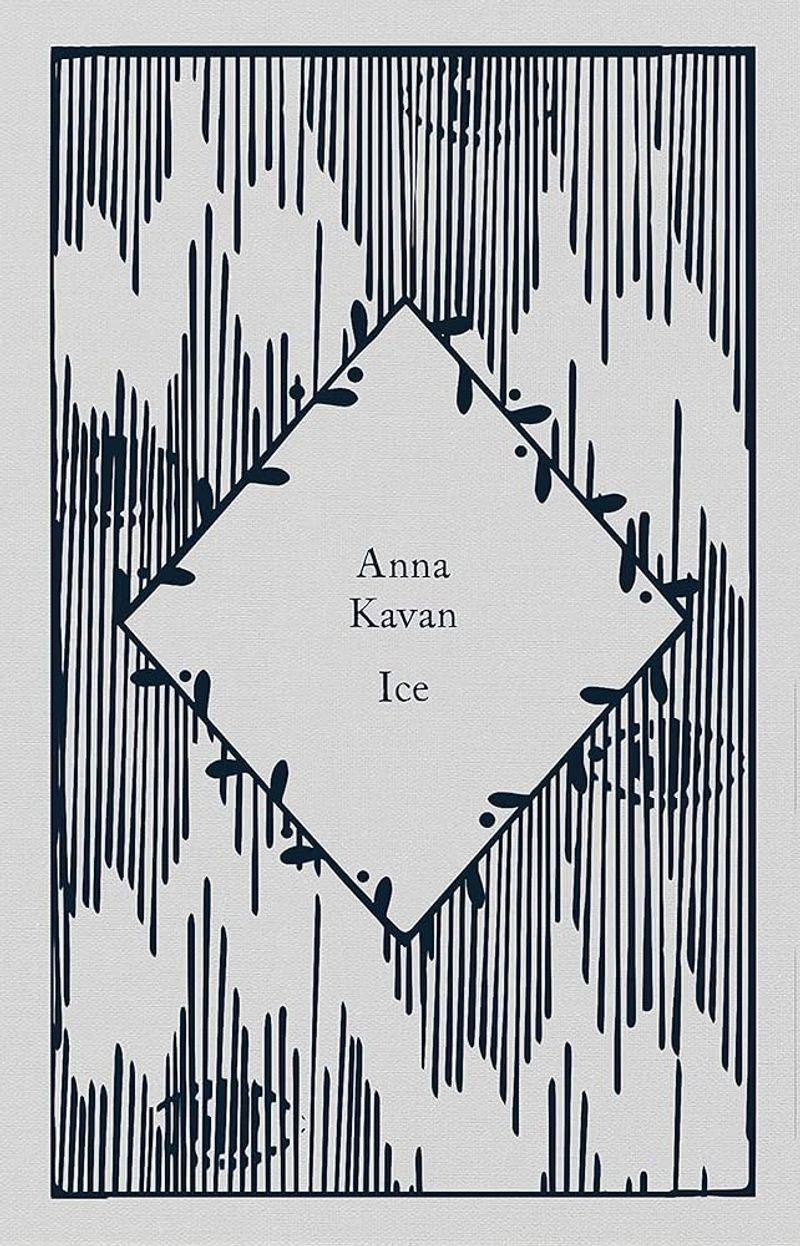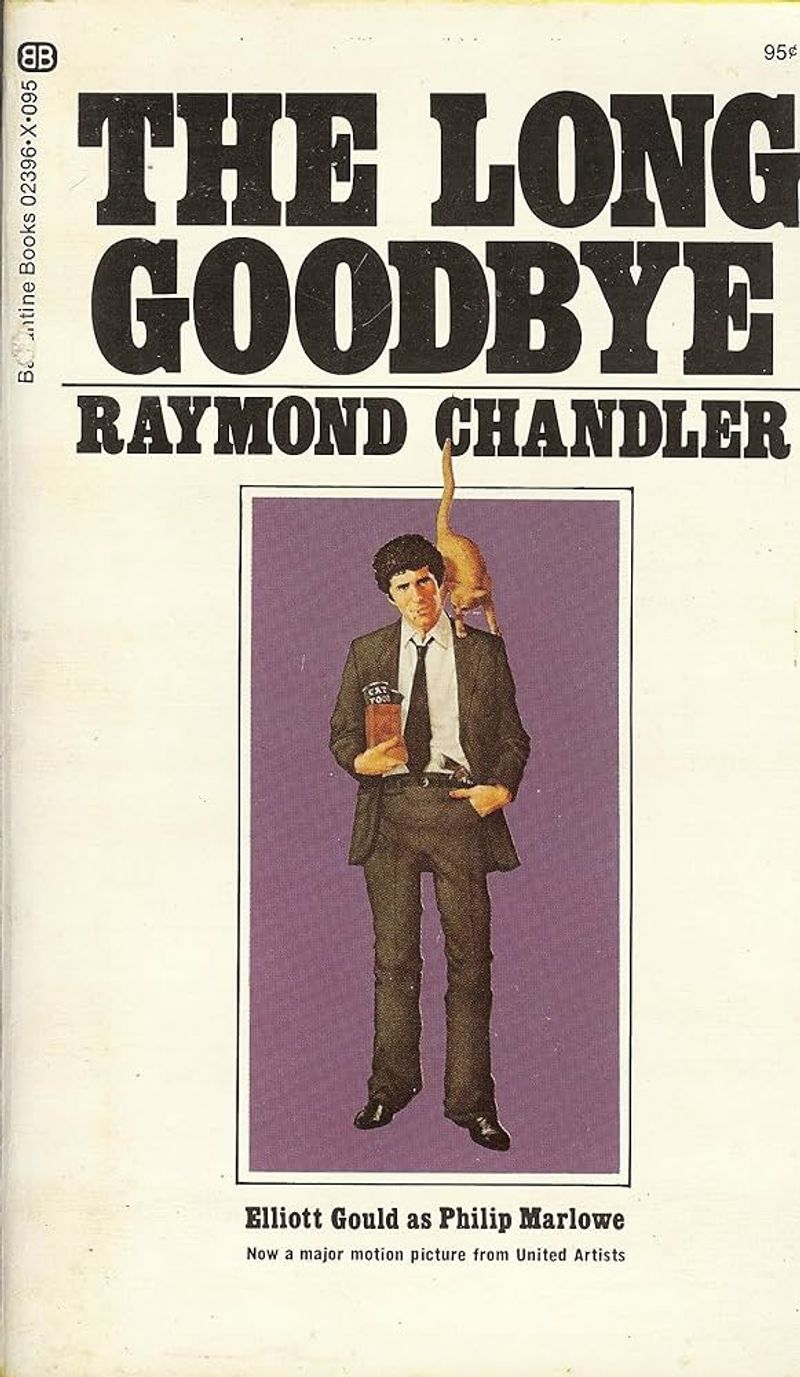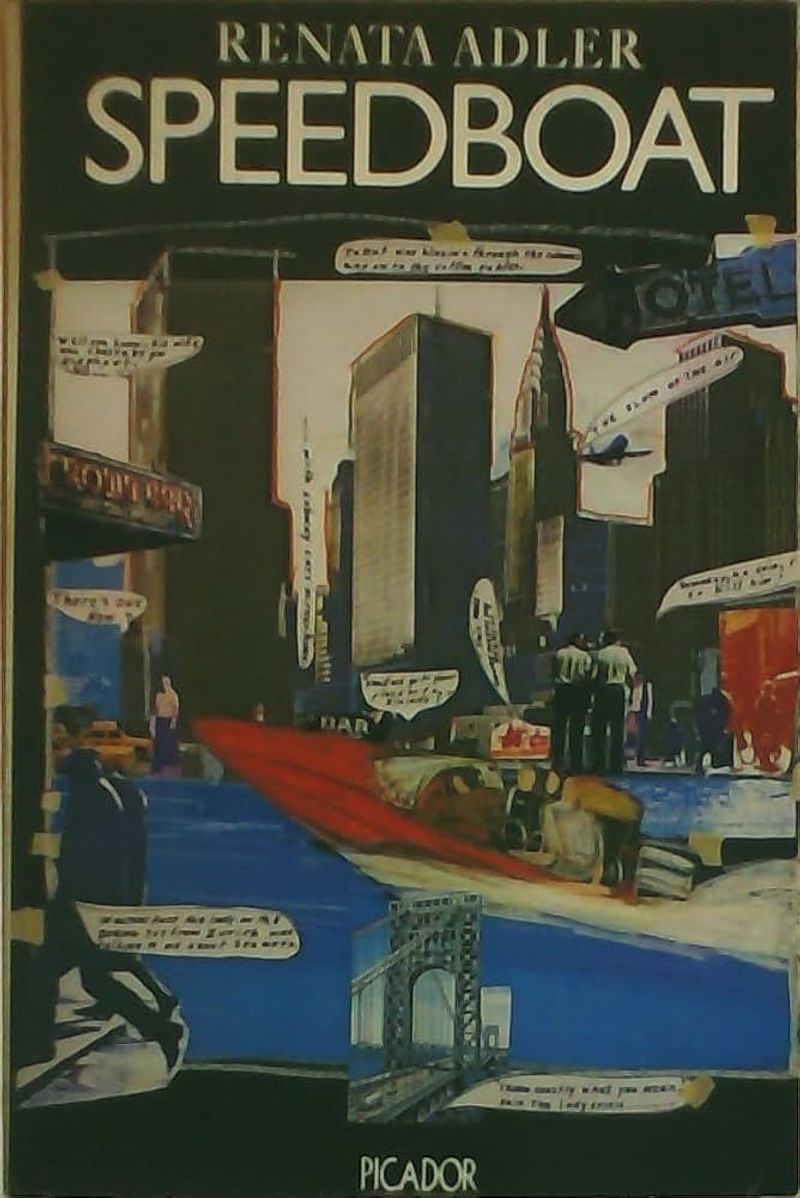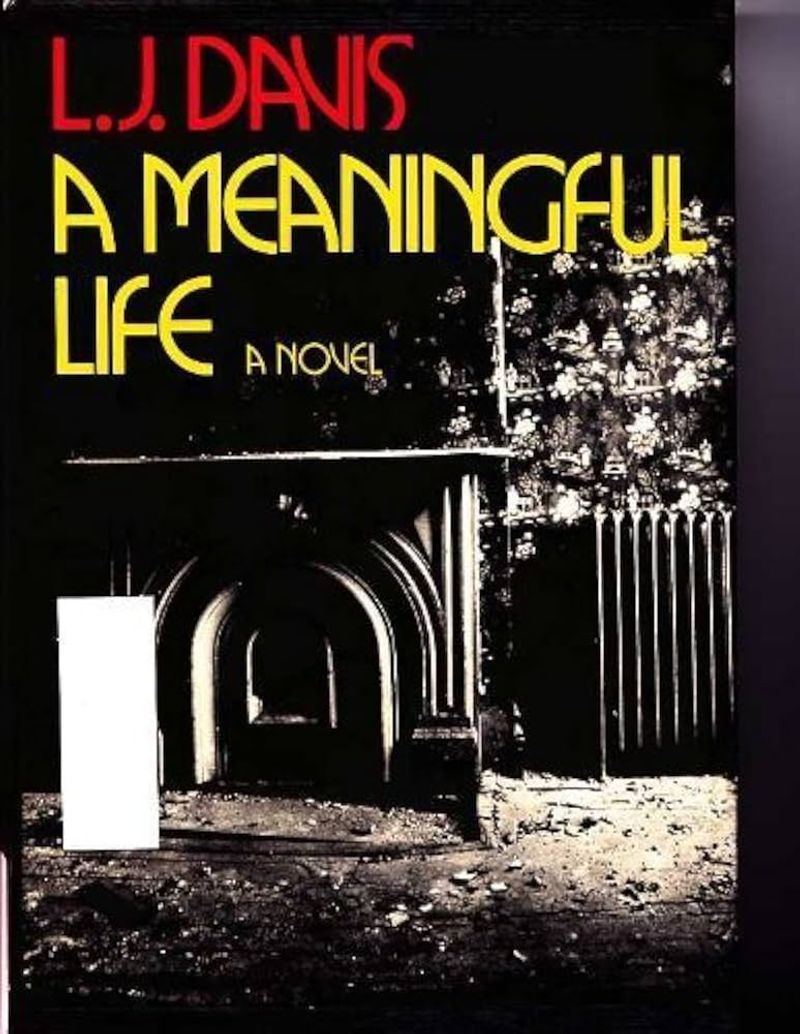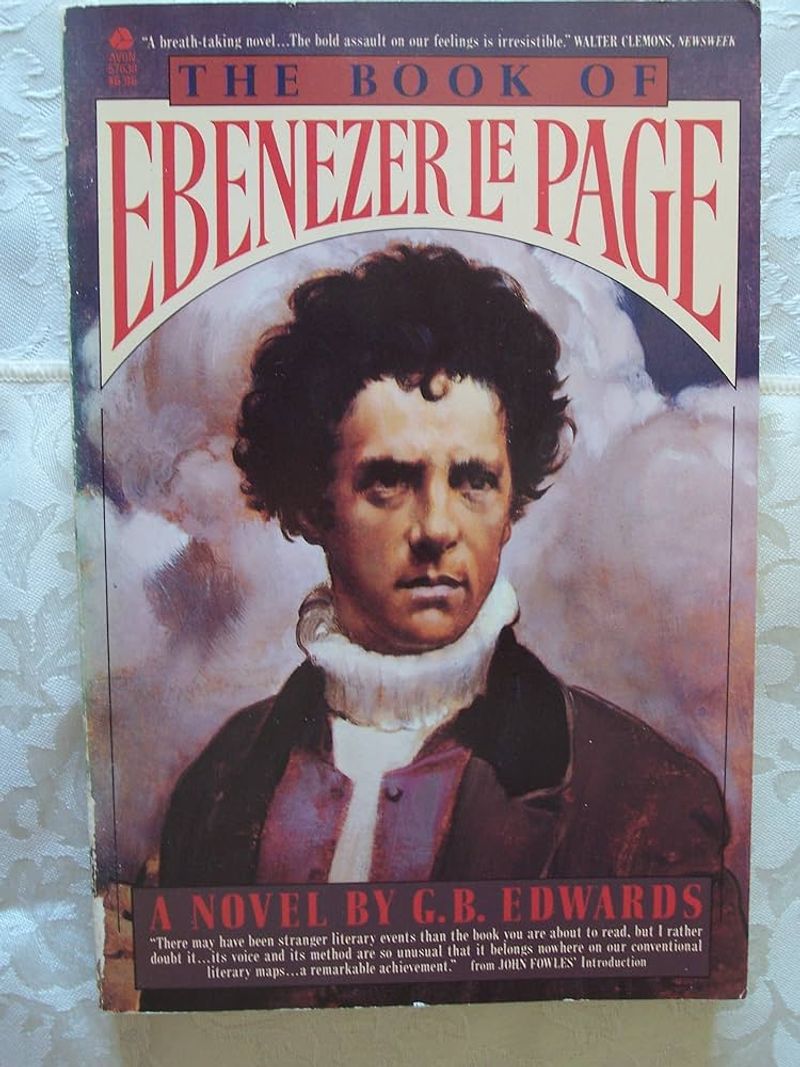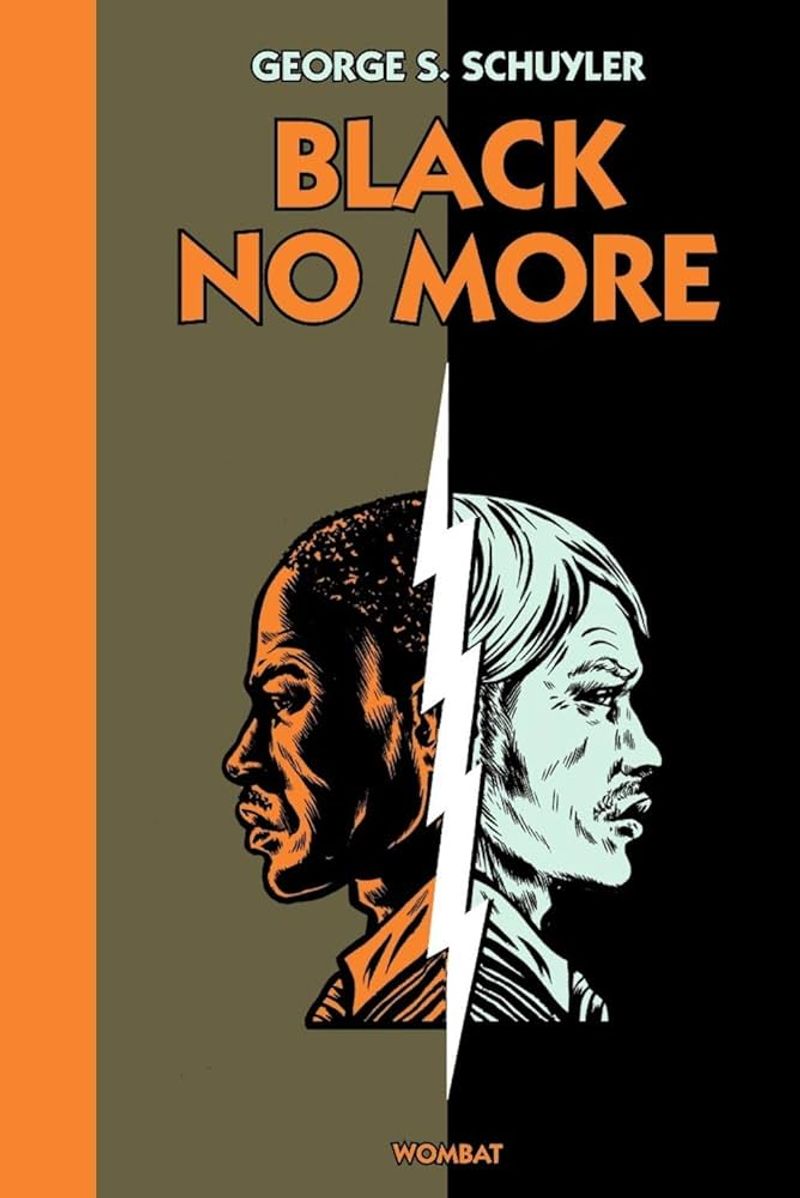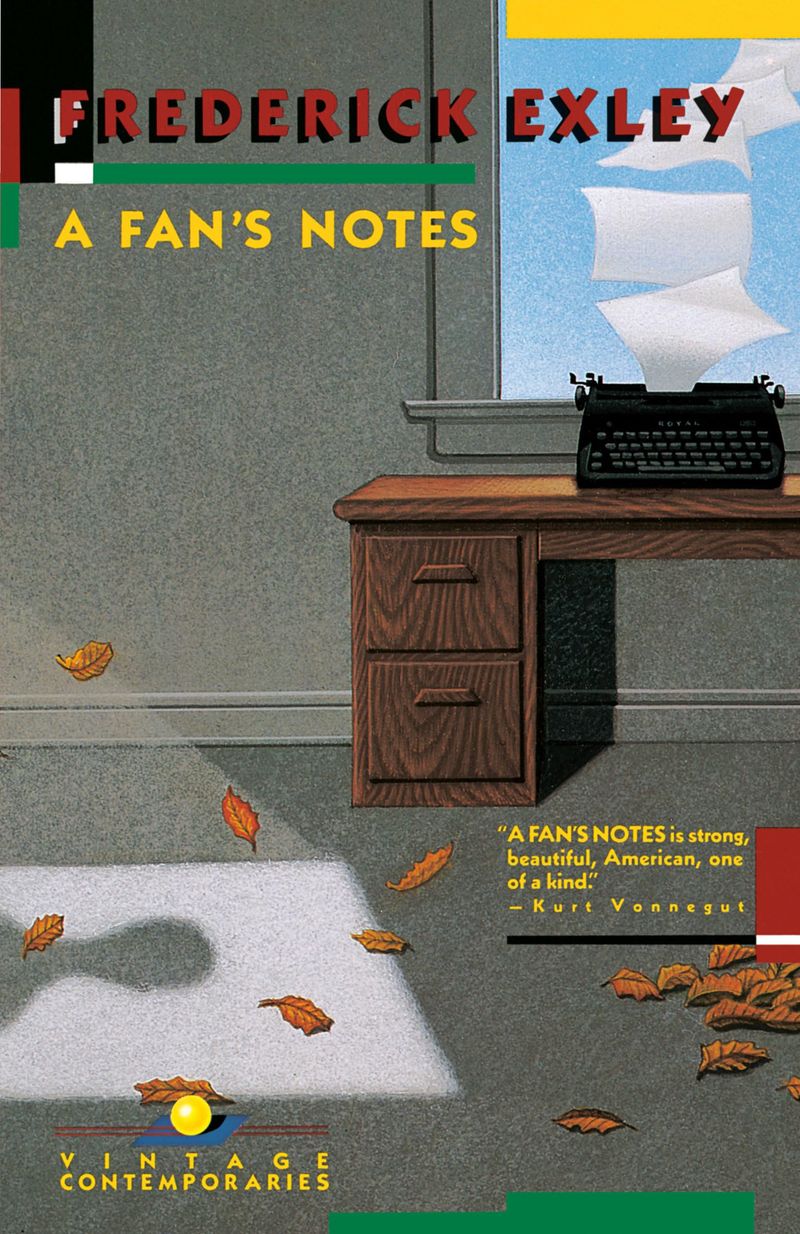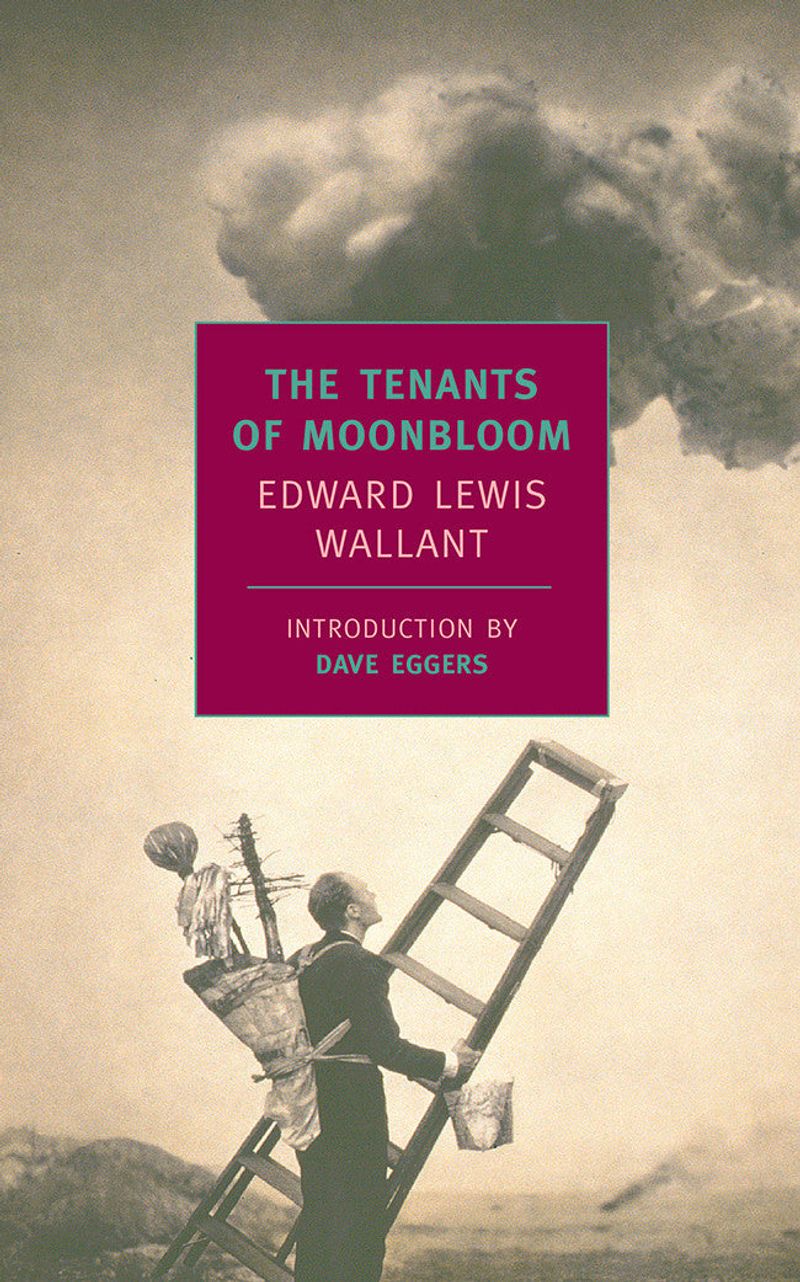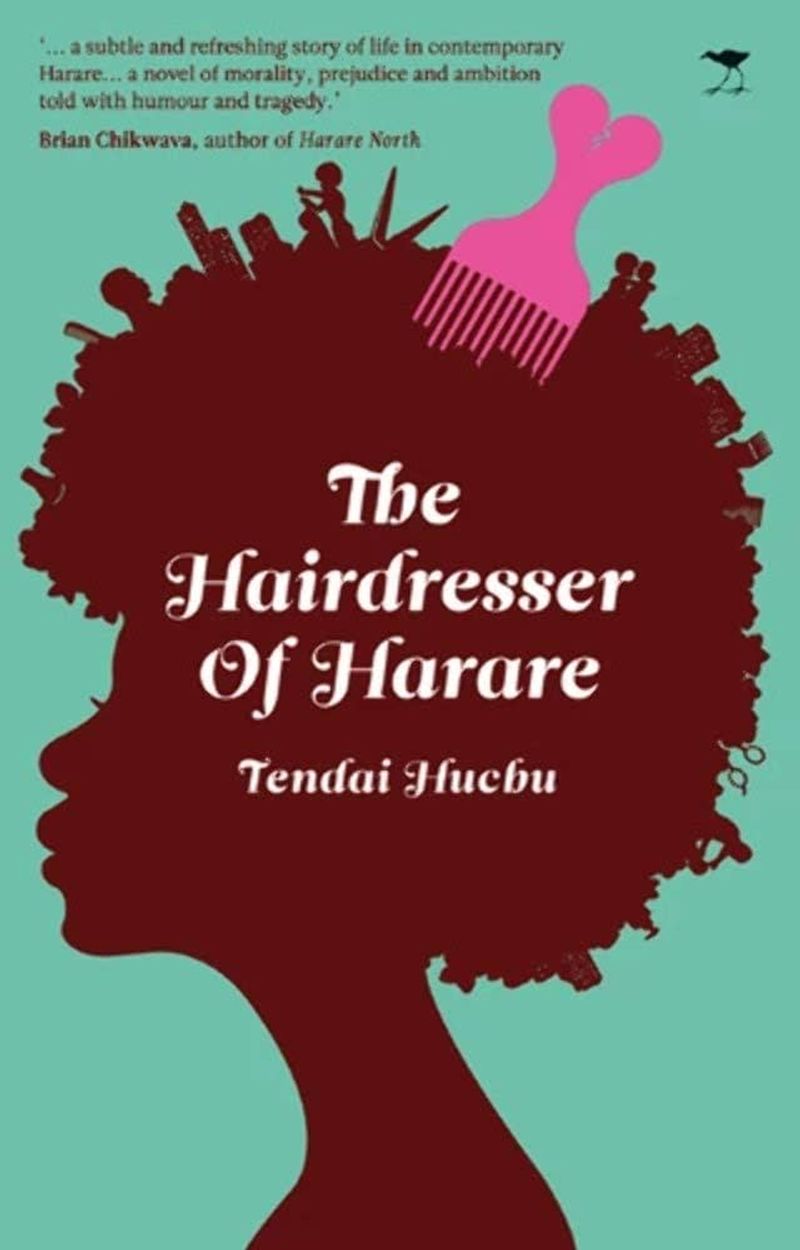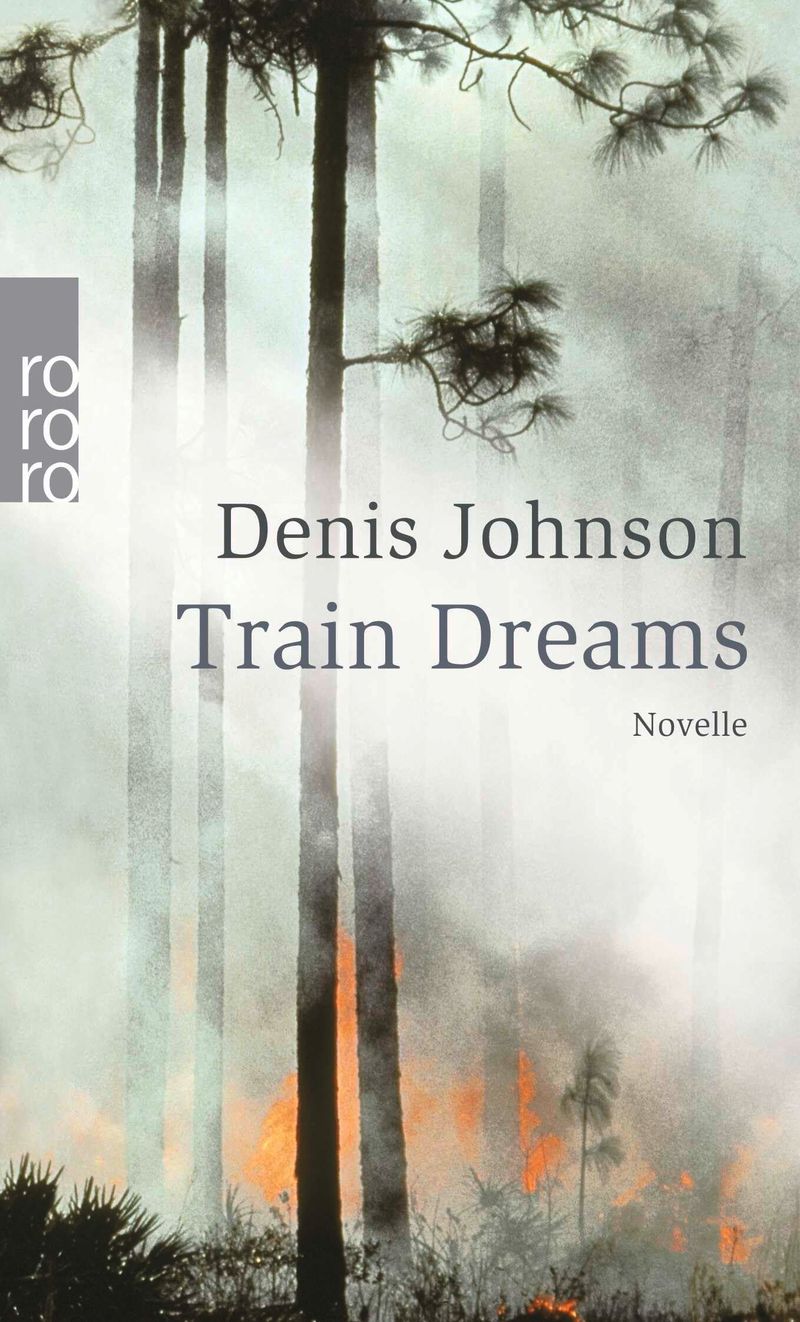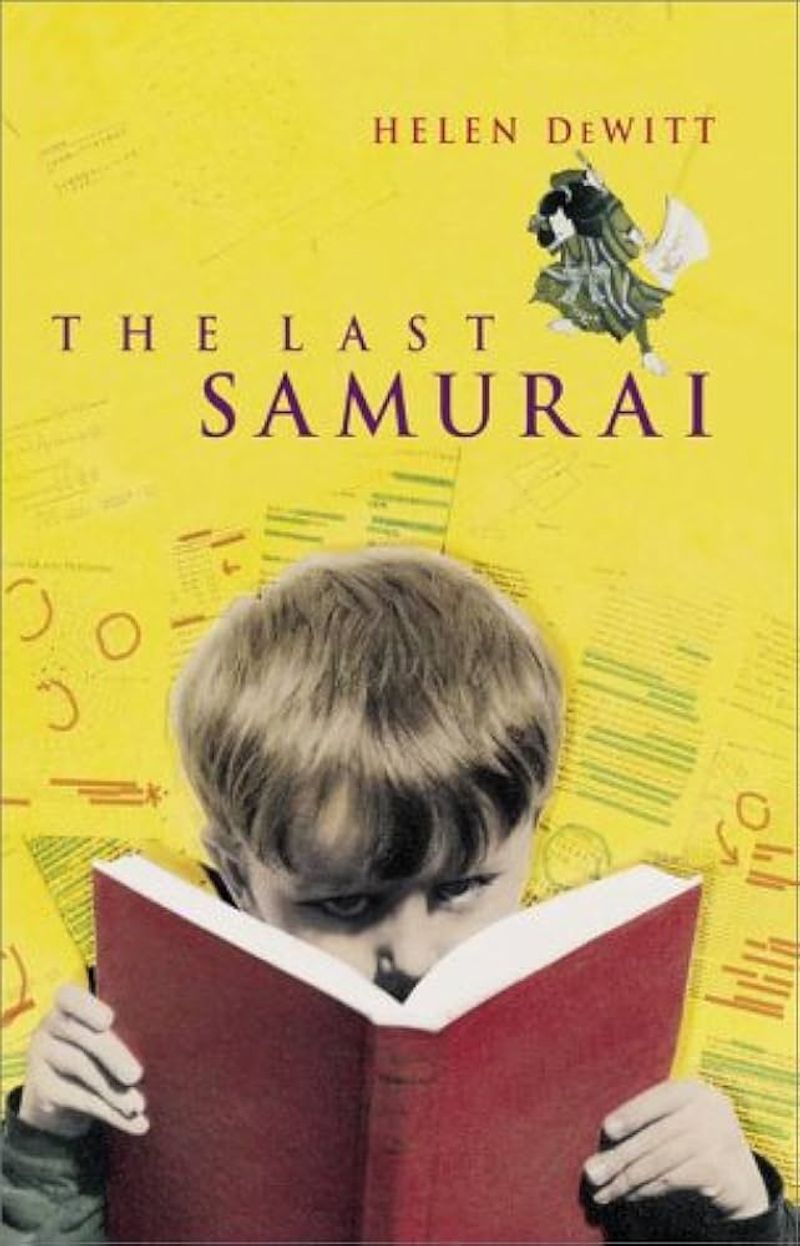In the vast landscape of American literature, certain novels have become iconic, often overshadowing lesser-known gems. While classics such as “The Great Gatsby” and “To Kill a Mockingbird” hold their deserved places in literary history, there exists a treasure trove of hidden novels that offer rich narratives and unique perspectives.
This blog post explores nine well-known American novels you might consider skipping and introduces fifteen hidden literary treasures worthy of your attention.
Whether you’re looking to discover new voices or explore overlooked stories, these books provide a refreshing alternative to the classics.
1. The Great Gatsby – F. Scott Fitzgerald
Famous for its portrayal of the Jazz Age, “The Great Gatsby” is often considered a quintessential American novel.
Fitzgerald’s critique of the American Dream is both timeless and thought-provoking. However, once you’ve explored Gatsby’s world, you might find yourself yearning for fresher narratives.
Consider delving into other stories that offer a different perspective on America’s social fabric.
2. The Catcher in the Rye – J.D. Salinger
J.D. Salinger’s “The Catcher in the Rye” offers a glimpse into the mind of a disillusioned teenager.
Holden Caulfield’s journey through New York’s streets is iconic but has been extensively analyzed. For readers seeking fresh perspectives, exploring narratives beyond Holden’s cynicism can be rewarding.
There are countless other coming-of-age tales that capture the complexities of youth with nuance.
3. Moby-Dick – Herman Melville
“Moby-Dick” by Herman Melville is a monumental work in American literature, known for its themes of obsession and revenge.
But as fascinating as Captain Ahab’s quest is, it’s a dense read that might not appeal to everyone. Diving into lesser-known sea adventures or nautical tales can provide a refreshing change.
These stories often offer equally thrilling experiences with more approachable narratives.
4. The Grapes of Wrath – John Steinbeck
John Steinbeck’s “The Grapes of Wrath” presents a powerful depiction of the Great Depression.
The Joad family’s struggles are deeply moving, yet the novel’s heavy themes can be overwhelming. There are other works that address similar historical contexts with a lighter touch or different angles.
Exploring these alternatives can offer new insights into American resilience.
5. To Kill a Mockingbird – Harper Lee
Harper Lee’s “To Kill a Mockingbird” is celebrated for its exploration of racial injustice in the Deep South.
Scout Finch’s narrative is both poignant and educational, but there are other narratives that offer fresh takes on similar themes.
Seeking out these stories can broaden your understanding of social justice and equality.
6. The Scarlet Letter – Nathaniel Hawthorne
Nathaniel Hawthorne’s “The Scarlet Letter” examines sin and redemption in a Puritan society.
Hester Prynne’s story is a staple in American literature classes, yet there are other historical novels that dive into moral complexities with different cultural lenses.
These alternative tales provide a broader view of human nature and societal judgment.
7. The Adventures of Huckleberry Finn – Mark Twain
Mark Twain’s “The Adventures of Huckleberry Finn” is a cornerstone of American literature, exploring themes of freedom and friendship.
While Huck’s journey is beloved, other novels provide equally compelling explorations of personal growth and adventure.
Reading these can offer new perspectives on the essence of human connection.
8. Slaughterhouse-Five – Kurt Vonnegut
Kurt Vonnegut’s “Slaughterhouse-Five” blends science fiction with war commentary, creating a unique narrative.
Billy Pilgrim’s time-traveling experiences are intriguing but not universally appealing. Alternative sci-fi stories with philosophical undertones can be equally thought-provoking.
These works might resonate more personally with different readers.
9. Beloved – Toni Morrison
Toni Morrison’s “Beloved” is a profound exploration of the legacy of slavery and trauma.
The novel’s emotional depth is undeniable, but its intensity may not suit every reader. Other narratives addressing similar themes offer alternative approaches.
These stories often blend history with fiction in ways that reveal new dimensions of human experience.
1. So Long, See You Tomorrow – William Maxwell
William Maxwell’s “So Long, See You Tomorrow” quietly unravels a story of friendship and betrayal in rural America.
Its reflective tone captures the complexity of human emotions beautifully. Unlike more boisterous tales, this novel’s strength lies in its subtlety.
Exploring its layers can offer readers a deeply rewarding experience.
2. The Man Who Loved Children – Christina Stead
Christina Stead’s “The Man Who Loved Children” offers a biting portrait of domestic life.
The novel’s sharp wit and emotional depth create a compelling family drama. Though lesser-known, it unveils the intricacies of parenthood and child-rearing with brilliant insight.
Its unique perspective is both engaging and enlightening.
3. Stoner – John Williams
John Williams’s “Stoner” tells the life story of a university professor whose quiet existence belies a profound journey.
The novel’s unassuming narrative gradually reveals the breadth of human experience in academia and beyond.
Its understated elegance makes it a hidden gem that rewards patient readers.
4. Mrs. Caliban – Rachel Ingalls
Rachel Ingalls’s “Mrs. Caliban” blends domestic life with fantasy, crafting a unique tale of love and escape.
The novel’s surreal elements add a playful twist to everyday monotony. As an alternative to more conventional narratives, it invites readers to explore unexpected possibilities.
Its imaginative storytelling is both refreshing and thought-provoking.
5. Ice – Anna Kavan
Anna Kavan’s “Ice” presents a haunting vision of a world consumed by ice, exploring themes of obsession and survival.
The novel’s dreamlike quality sets it apart from more straightforward narratives. It challenges readers to confront existential questions in a beautifully stark setting.
Its unique voice offers an unforgettable reading experience.
6. The Long Goodbye – Raymond Chandler
Raymond Chandler’s “The Long Goodbye” is a quintessential noir novel, weaving mystery and moral ambiguity.
Philip Marlowe’s investigation leads readers through a labyrinth of Los Angeles’s dark underbelly. For those unfamiliar with noir, this novel offers a gateway into the genre’s allure.
Its captivating plot and rich atmosphere are timeless.
7. Speedboat – Renata Adler
Renata Adler’s “Speedboat” is a mosaic of modern life, shifting through moments with sharp wit and insight.
The novel’s fragmented structure mirrors the chaos and complexity of contemporary existence. Its brisk pace and keen observations make it a fascinating exploration of urban life.
It’s a refreshing departure from conventional storytelling.
8. A Meaningful Life – L.J. Davis
L.J. Davis’s “A Meaningful Life” captures the struggle of finding purpose amidst urban decay.
The protagonist’s quest for significance is both poignant and relatable. Set against the backdrop of 1970s Brooklyn, the novel offers a vivid portrayal of city living.
Its blend of humor and introspection creates a compelling narrative.
9. The Book of Ebenezer Le Page – G.B. Edwards
G.B. Edwards’s “The Book of Ebenezer Le Page” spans a lifetime on the island of Guernsey, capturing the essence of place and memory.
The novel’s leisurely pace allows readers to savor its rich descriptions and heartfelt insights. It’s a celebration of ordinary life, filled with charm and wisdom.
Exploring its pages is like conversing with an old friend.
10. Black No More – George S. Schuyler
George S. Schuyler’s “Black No More” imagines a world where racial identity can be altered, exploring themes of race and assimilation.
Its biting satire offers a provocative commentary on societal norms. The novel’s daring premise invites readers to question assumptions about identity.
It’s a thought-provoking exploration of race relations.
11. A Fan’s Notes – Frederick Exley
Frederick Exley’s “A Fan’s Notes” blurs the line between fiction and autobiography, chronicling a man’s obsession with sports and celebrity.
The novel’s raw honesty is both compelling and heartbreaking. Exley’s narrative voice captures the restless yearning for recognition and belonging.
Its candid exploration of personal demons is unforgettable.
12. The Tenants of Moonbloom – Edward Lewis Wallant
Edward Lewis Wallant’s “The Tenants of Moonbloom” offers a vivid portrait of urban life through the eyes of a reluctant landlord.
The novel’s empathetic exploration of its characters’ lives is both touching and humorous. It reveals the interconnectedness of city dwellers with warmth and depth.
Its humanistic approach is both engaging and enlightening.
13. The Hairdresser of Harare – Tendai Huchu
Though not American, Tendai Huchu’s “The Hairdresser of Harare” offers a refreshing international perspective, set in Zimbabwe.
The novel’s vibrant storytelling and cultural insights provide a unique lens on universal themes. It explores identity and societal change with humor and sensitivity.
Its lively characters and rich setting are truly captivating.
14. Train Dreams – Denis Johnson
Denis Johnson’s “Train Dreams” is a novella that encapsulates the American spirit in the early 20th century.
The protagonist’s solitary journey through the wilderness is haunting and lyrical. The story’s brevity belies its emotional depth and historical resonance.
Its poetic prose and poignant themes make it a small but powerful read.
15. The Last Samurai – Helen DeWitt
Helen DeWitt’s “The Last Samurai” combines intellectual curiosity with a rich narrative, following a boy’s quest for identity.
The novel’s inventive structure and cultural references create a tapestry of knowledge and discovery. Its exploration of genius and growth is both engaging and inspiring.
It’s a novel that challenges and delights in equal measure.
